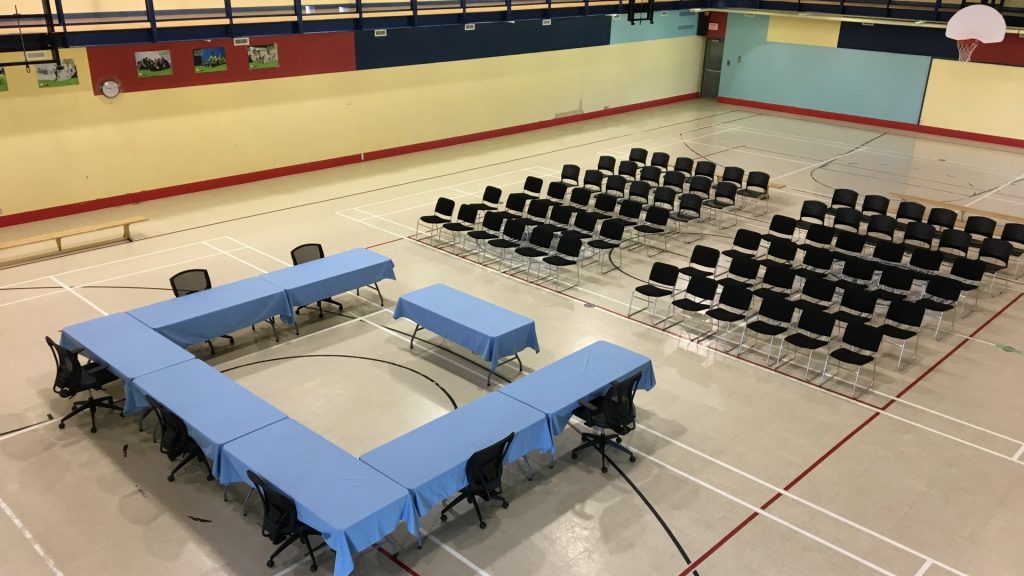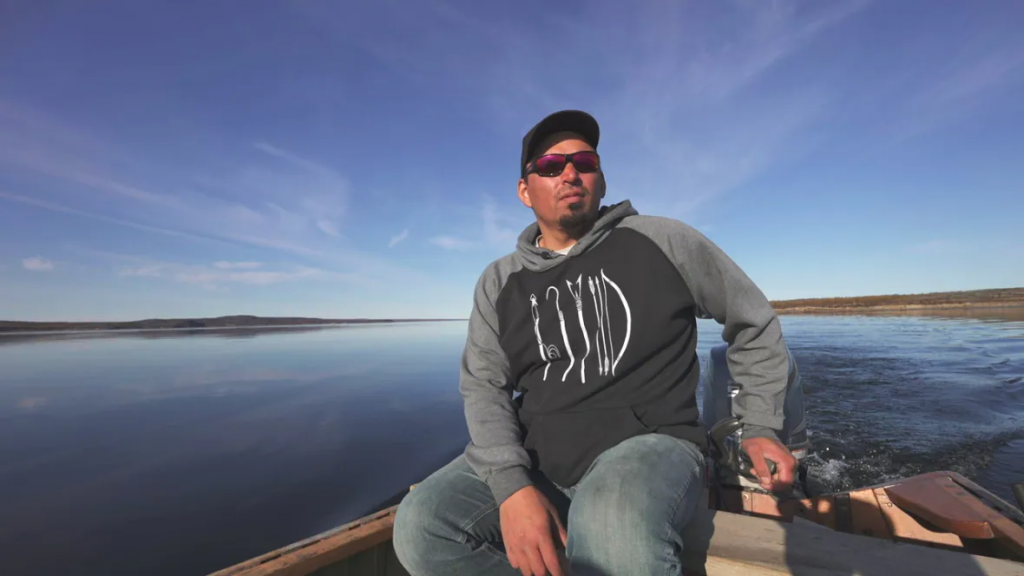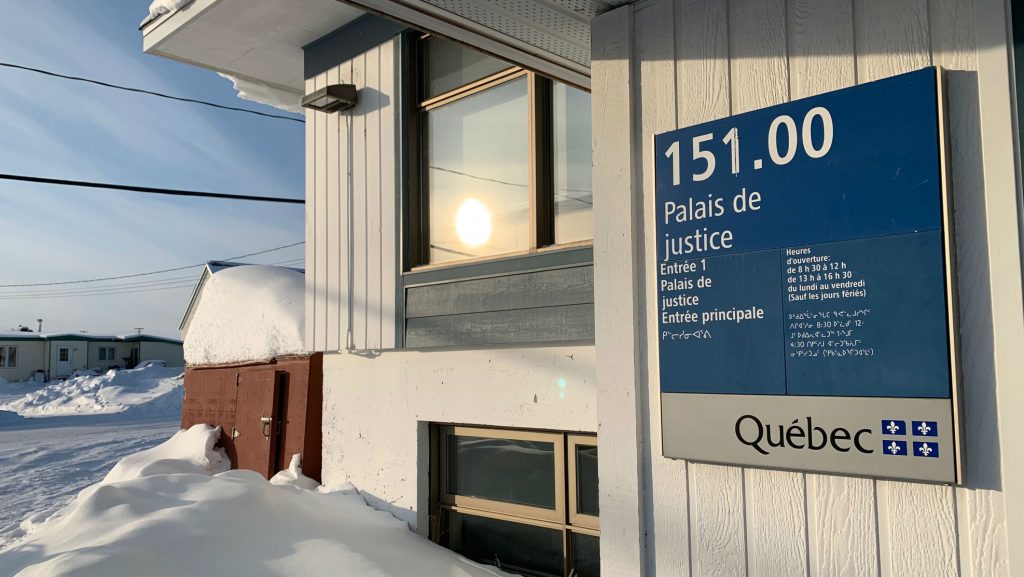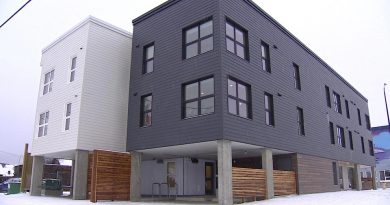Nunavik court system needs action, not more reports, says civil liberties association

The Nunavik Civil Liberties Association (NCLA) says although it agrees with most of the recent recommendations for improving the travelling court system in northern Quebec, that what the region really needs is action, not another report.
“The NCLA does not believe this new report to be useful,” NCLA spokesperson George Kauki said in a statement.
“This report’s methodology is questionable: it is opinion based and no evidence have been filed on the record. It comes across as another public relations operation [led] by the State, with the objective of buying some time and dodging bullets.”
The NCLA’s comments came after the August 5 release of the Report on the Situation of the Itinerant Court in Nunavik.
The report was prepared by Jean-Claude Latraverse, a former defence lawyer and prosecutor in Nunavik, upon the request of Quebec’s Ministry of Justice and Makivik Corporation, the Nunavik Inuit land claims organization.
Sweeping recommendations tackle everything from training to local involvement
Among the 60 recommendations made, Latraverse stressed the need for a greater role for local justice committees, requirements for the Director of Criminal and Penal Prosecutions (DCPP) to consider alternative measures instead of laying charges, and training on dispute resolution and Inuit customs for lawyers practicing in the region.
Nunavik’s 14 communities rely on a travelling court that visits their communities an average of two to four times a year. There are no resident judges or lawyers in the region so they have to be flown up from the southern part of the province. The communities of Kuujjuaq and Puvirnituq each have a small courthouse, but elsewhere, court is required to sit wherever there is room, like in a school or a community gym.
Unpredictable weather and mechanical problems frequently delay the arrival of court in the communities, and can prolong cases for years, putting undue stress on both victims and perpetrators.
Staffing problems can also delay cases.
Last month for example, 250 cases were postponed in Kuujjuaq because no judges were available to sit.

Numerous reports have been issued over the years outlining the inadequacy of the justice system in serving the province’s Inuit population.
They range from 1993’s Aqqusiurniq Sivunitsasiaguniqsamut Inuit Justice Task Force final report, to the 2014 Parnasimautik Consultation Report prepared by Quebec’s major Inuit organizations, to a 2015 report from the Quebec Bar Association that laid out in detail the ways the justice system was failing the people of Nunavik, to the 2016 Special Report by the Quebec Ombudsman that examined inadequate detention conditions, administration of justice and crime prevention in Nunavik.
Most recently, the Viens Commission report, Public Inquiry Commission on Relations Between Indigenous Peoples and Certain Public Services in Québec, was tabled in 2019 examining the relationship between Inuit and Quebec’s public service,s where Inuit testified extensively about their challenges navigating the justice system including poor communication from authorities, and that the misunderstanding of things like bail conditions that can lead to legal problems.
Report comes across as public relations operation, says association
The NCLA said the government has more than enough information to make meaningful reforms, but that nothing is being done.
“A very thorough public inquiry was held recently (Public Inquiry Commission on relations between Indigenous Peoples and certain public services in Québec),” Kauki said. “Its conclusions were devastating. Numerous reports have been published since the 1990’s. It should’ve been time for action long time ago.”
“This report’s methodology is questionable: it is opinion based and no evidence have been filed on the record. It comes across as another public relations operation lead by the State, with the objective of buying some time and dodging bullets.”
Report done with land claims org, fills important need, says justice ministry
Quebec’s justice ministry said the NCLA’s characterization is not accurate and stressed that the report was the result of an agreement between the government and Makivik.
“The government thus responded to a request from the Makivik Corporation, which also recommended the expert mandated by the government, Me Jean Claude Latraverse,” the ministry said in emailed comment to Eye on the Arctic on Tuesday.

The ministry also said the report’s specific focus on improving court delays, pre-trail preparation and increased community involvement in dispute resolution, provided important paths forward.
“Contrary to other reports, Mr. Latraverse’s mandate was specific to the situation of the itinerant court in Nunavik,” the ministry said. “The recommendations that are formulated in his report have been thought out and defined with the citizens and local organizations.
“The goal is to improve justice for Inuit through concrete solutions that have been developed on the ground. We take justice issues in Nunavik very seriously.”
Write to Eilís Quinn at eilis.quinn(at)cbc.ca
Related stories from around the North:
Canada: Justice system in northern Quebec straining at the seams and devastating victims, say Crown prosecutors, Eye on the Arctic
Finland: Police response times up to an hour slower in Arctic Finland, Yle News
United States: Violence Against Women bill would expand power of up to 30 Alaska tribal courts, Alaska Public Media



